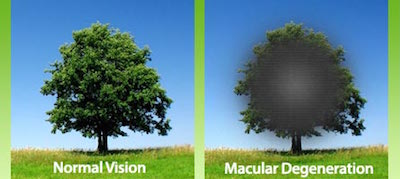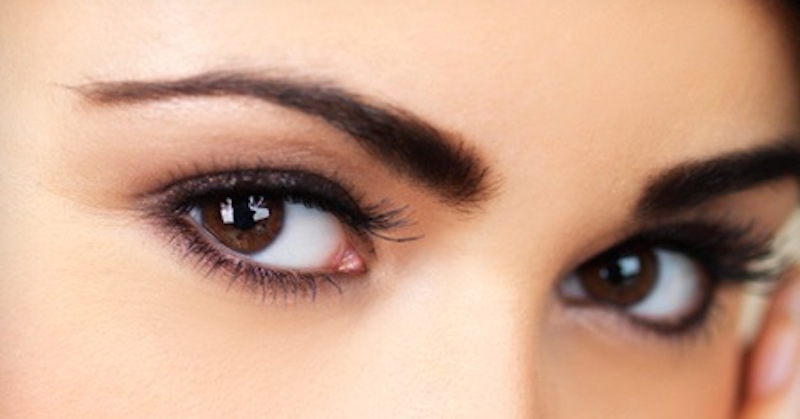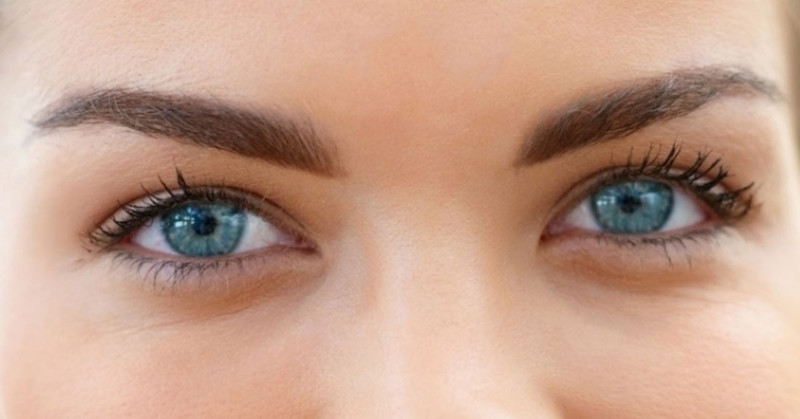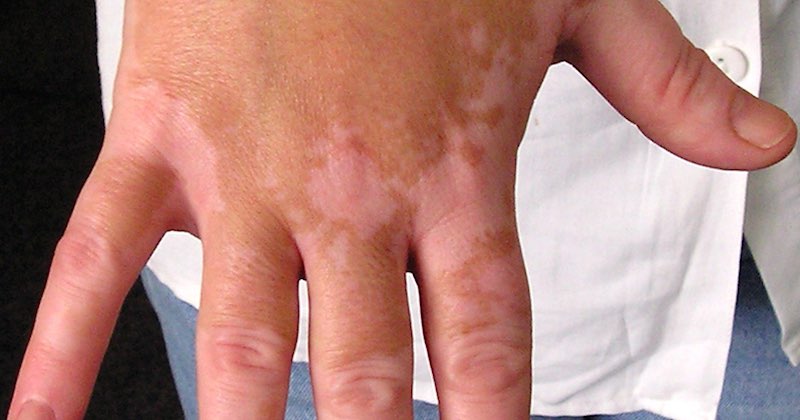Studies: There May Be A Genetic Link Between Your Eye Color And Your Health Problems
Last updated on
Beauty isn’t the only thing in the eye of the beholder—health is in the eyes too! Iridology is the alternative medicine technique that asserts that your eye color can reveal your genetic predisposition to certain diseases. As a medical practice, iridology is heavily debated. But ophthalmologists have found some truth to it all.
Here are just some of the ways your eye color can be linked to certain health problems and what you should watch out for.
Genetic Link Between Eye Color And Health
Cataracts
One reason our vision gets cloudy is due to cataracts which is a clouding of the eye lens. Cataracts prevent light to pass through the lens as it should.
A study of more than 3500 people aged 49 to 97 found that dark-eyed people are at a greater risk of developing cataracts. This study published in the American Journal of Ophthalmology concluded that people with dark eyes have a 1.5 to 2.5 times chance of developing cataracts!
There are a few poor lifestyle choices that can increase the risk of developing cataracts:
- Exposing eyes to strong UV light without protection of proper sunglasses
- Smoking
- Eating high fatty foods
- Diabetic or consistently having high blood sugar levels
- Having high blood pressure
- Using steroid and cholesterol medications
Cholesterol may not be the cause of cataracts, but the use of cholesterol medication can certainly contribute to further deterioration of eyesight.
Pain Resistance
Dr. Inna Belfer conducted a study of women before and after child birth. It was found that those with light colored eyes were more tolerant to pain and less likely to experience sleeplessness and anxiety from the pain. The results are preliminary and only involved a small population, but this may one day contribute to research linking pain and genetics.
Melanoma
While the blue-eyed folks may be less susceptible to vitiligo, they don’t exactly get away scot-free. The very genes that protect them from vitiligo leave them vulnerable to melanoma.
Dr. Richard A. Spritz who looked at eye color and vitiligo concluded that the two skin diseases are in some ways genetically opposed. Studies supporting this have found that the darker the iris, the lower the prevalence and risk of death from ocular melanoma.
Alcohol Sensitivity
I’ve never been too fond of alcohol and there might be a genetic reason why that might be. According to a study published in Personality and Individual Differences, us brown and black-eyed people may be more sensitive to alcohol and drugs.
A similar and more recent study looked at alcohol dependency, finding that individuals with blue eyes were, relative to brown-eyed individuals, more likely to abuse alcohol.
Age-related Macular Degeneration

About one third of adults over 75 have AMD. Studies have found that having light-colored eyes increases your risk of having age-related macular degeneration. This is because light eye colors are less resistant to UV rays.
White Eye Color Change
Changes in your eye color, whether it’s in the pupils or the whites of your eye, can be a sign that something is wrong. When you have allergies, you may notice the whites of your eyes getting red even if you don’t rub them.
It’s not just allergies that can affect your eyes. If your eyes have been developing a more yellow tint lately, something may be wrong with your liver, gallbladder, or bile ducts. Don’t worry, those who were born with heterochromia (two different colored eyes) have nothing to worry about. You only need to watch out for changes that occur later on in life.
Vitiligo
Vitiligo is a skin disease where the skin loses its color due to dysfunctional cells in the skin. The most well-known case of the disease is with Michael Jackson, before he chose to undergo surgery which would remove his skin’s pigment entirely.
Vitiligo is characterised by:
- Light colored skin patches
- Rapid graying of hair
- Sensitivity to bright light
The cause of vitiligo is still not fully understood and there are many risk factors that are suspected to contribute to it. It’s understood that physical and emotional stress can be a major factor, but one study found that another factor may in fact be your genes, which are reflected in your eye color.
One study looked at the occurrence of vitiligo in almost 3000 people and looked at how eye color may play a role. According to Dr. Richard A. Spritz of the University of Colorado School of Medicine, blue-eyed people possess genes that decrease their risk of vitiligo.
These scientific truths make clear that eyes aren’t just the window into the soul but also the window into the health of a person. One thing to keep in mind is that while there may be some genetic link between your eye color and these health problems, they are not exclusive and there may be many other contributing factors.
References:
https://www.ncbi.nlm.nih.gov/pubmed/25921801
https://www.prevention.com/health/eye-color-and-health
https://www.prevention.com/health/healthy-living/health-clues-your-eyes-inflammation-diabetes-and-more
https://articles.mercola.com/sites/articles/archive/2011/03/01/14-things-your-eyes-say-about-your-health.aspx
https://www.medscape.com/viewarticle/825122
Some of the links I post on this site are affiliate links. If you go through them to make a purchase, I will earn a small commission (at no additional cost to you). However, note that I’m recommending these products because of their quality and that I have good experience using them, not because of the commission to be made.




































 JOIN OVER
JOIN OVER
Comments